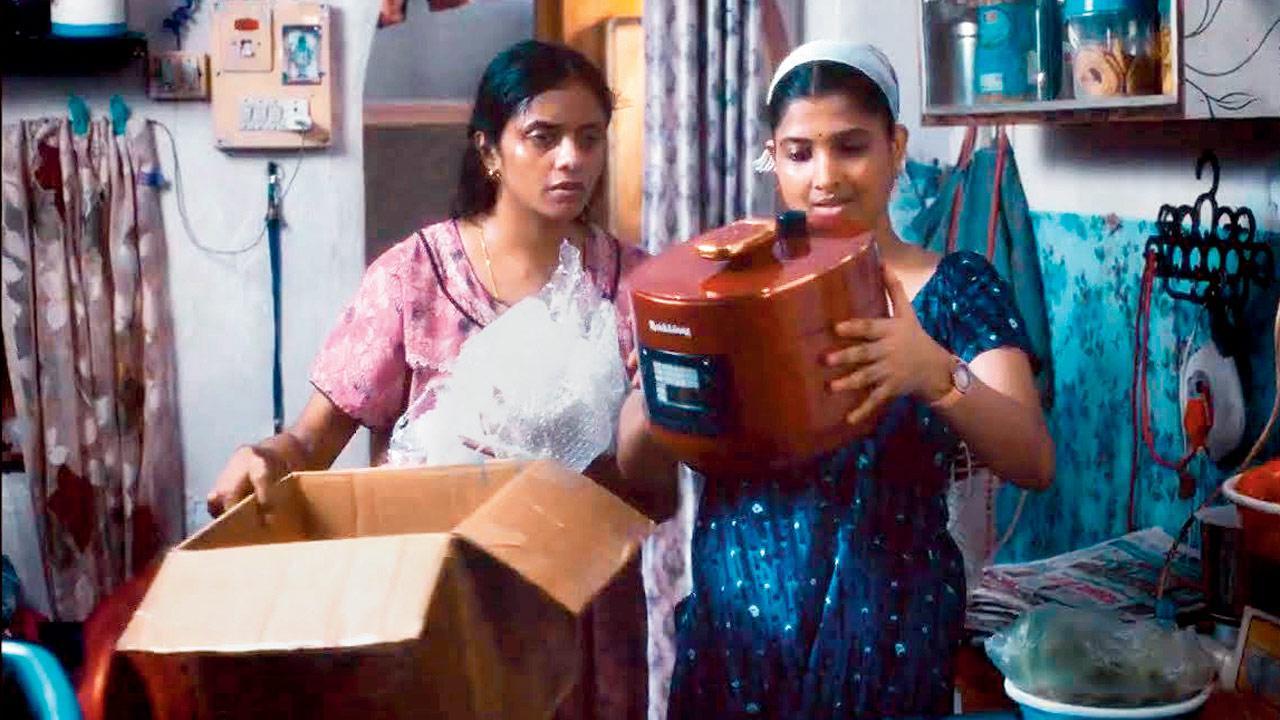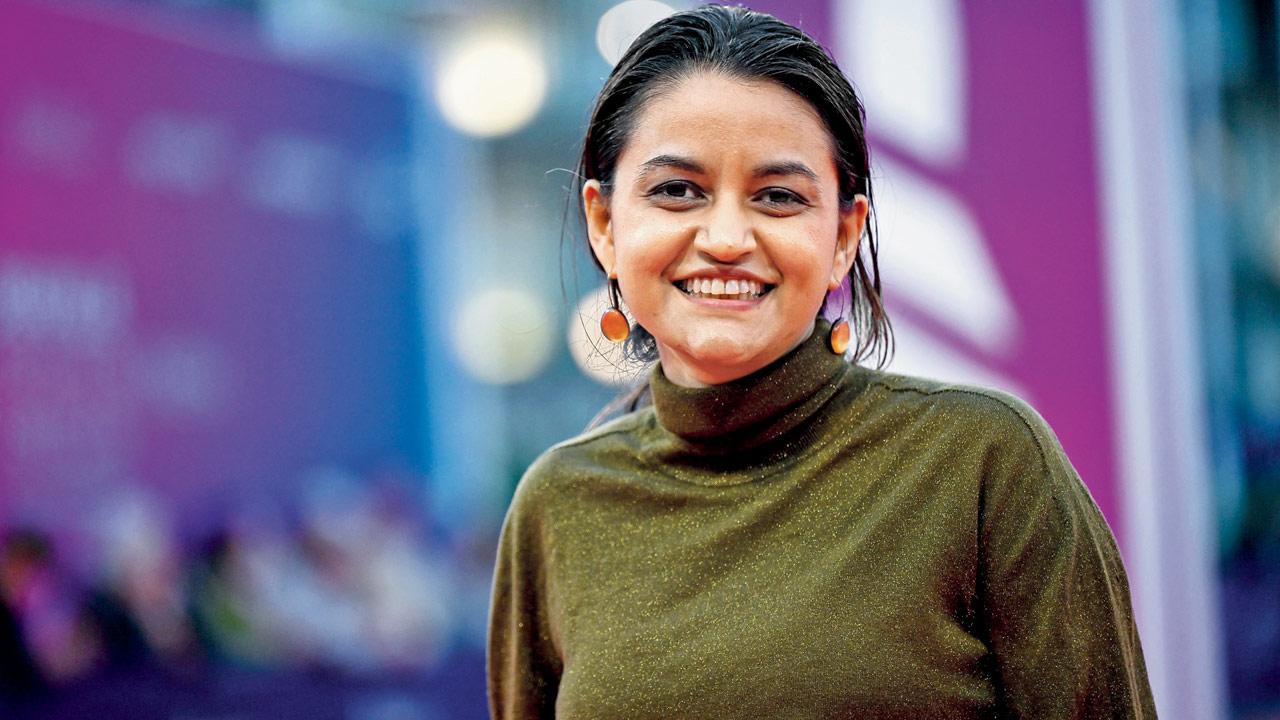As Cannes Grand Prix-winning film All We Imagine as Light gears up for India release, director Kapadia says she wanted to authentically address the theme of desire

Kani Kusruti and Divya Prabha play roommates in the movie
Bringing your Cannes Grand Prix-winning film home is an exhilarating feeling. But director Payal Kapadia has a specific reason, among others, to be excited about showcasing All We Imagine as Light to an Indian audience—that she won’t have to explain monsoon to viewers. “When I show my film in different countries, I have to introduce what monsoon is to us. Here when the film premièred at MAMI Film Festival, I didn’t have to explain anything,” she grins.
The Kani Kusruti, Chhaya Kadam and Divya Prabha-starrer tells the story of an unlikely friendship between women of different ages. The November 22 release is Kapadia’s attempt to resolve a conflict that has long brewed within her. “I wanted to make a generational film about female friendship. I felt it is convenient for society to be designed in a way that women shouldn’t be friends with each other. It doesn’t want us to be supportive of each other. I’ve made many mistakes with friends and other women I was close to, where I didn’t respond to them in the right way. We make films to answer certain questions that are within us. This was a core conflict, and I wanted to talk about it,” she says.

Payal Kapadia
Kapadia has beautifully explored many themes pertaining to womanhood, one of them being sexual desire. As she showed female nudity, did she view it as a risk? “I wanted to normalise it. It’s a part of everyday life, like eating and drinking. I wanted to be authentic to one of the main themes, which is desire, and there are ways to get to it. But this felt the most organic thing to put into the film.”
She has had an eventful journey, from being one of the Film and Television Institute of India (FTII) students who protested against the 2015 appointment of Gajendra Chauhan as chairman and being arrested, to becoming one of the most sought-after directors. Does she feel vindicated today? Reflecting on it, she says, “I feel FTII is a great institute. Artistes who have come before us have contributed greatly to our country. Since people from different backgrounds, regions and languages come to FTII, it adds to the diversity of the industry. Only then can interesting things happen. I’ll always be thankful for my time there.”
 Subscribe today by clicking the link and stay updated with the latest news!" Click here!
Subscribe today by clicking the link and stay updated with the latest news!" Click here!










